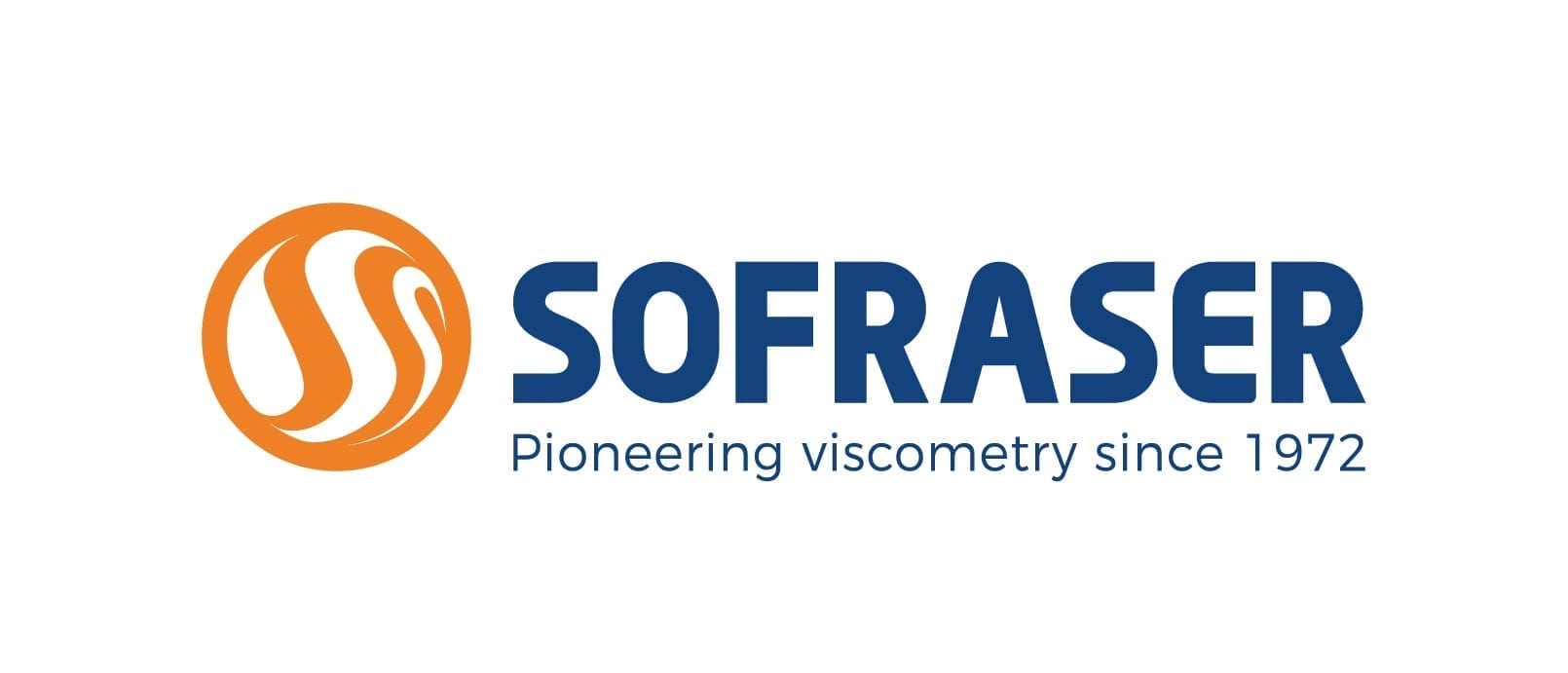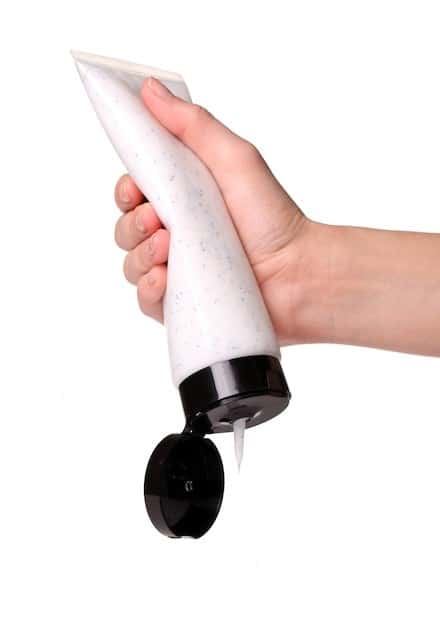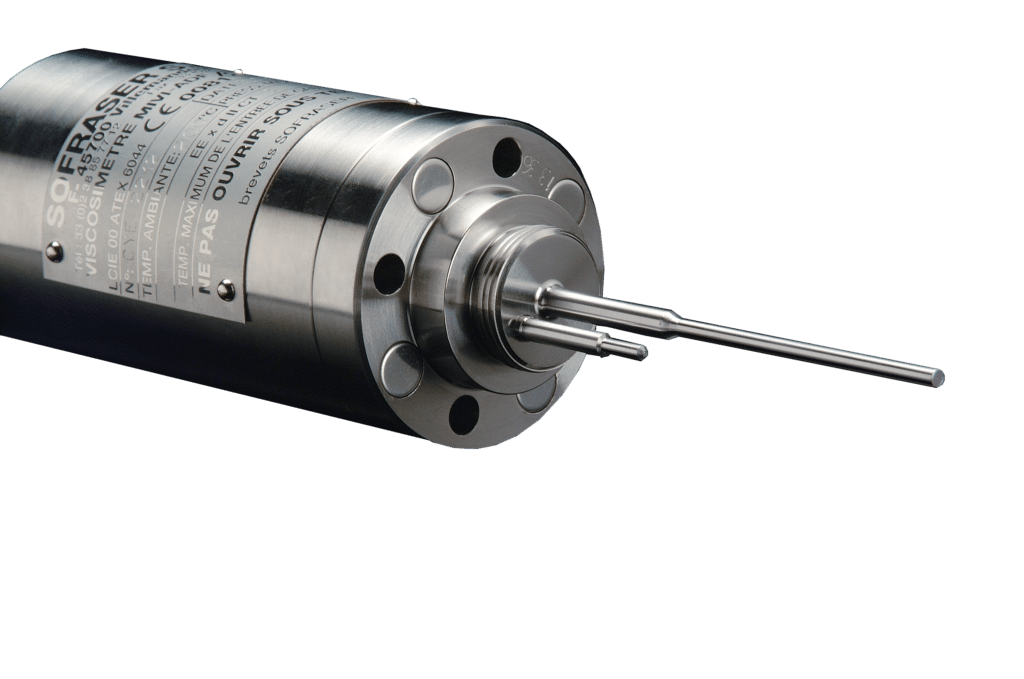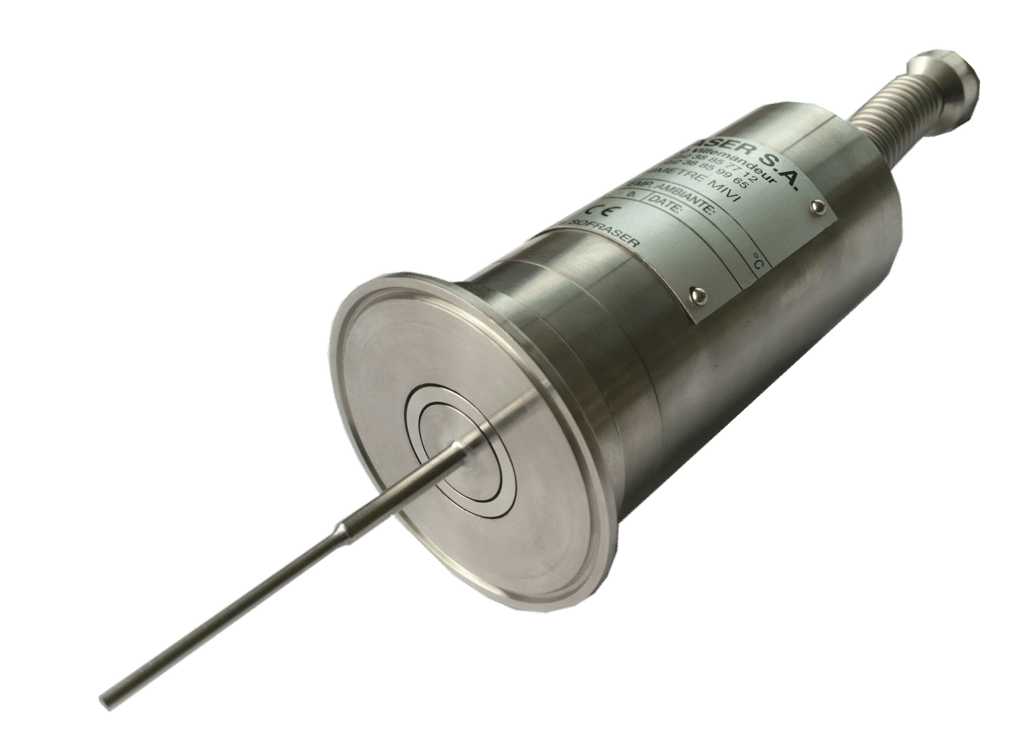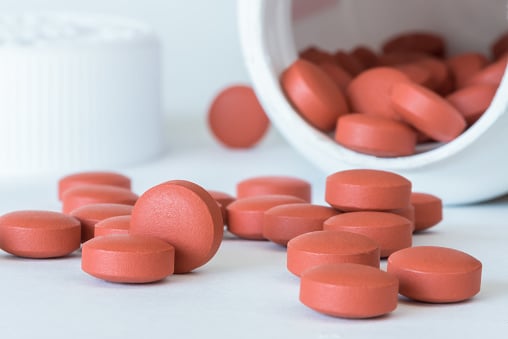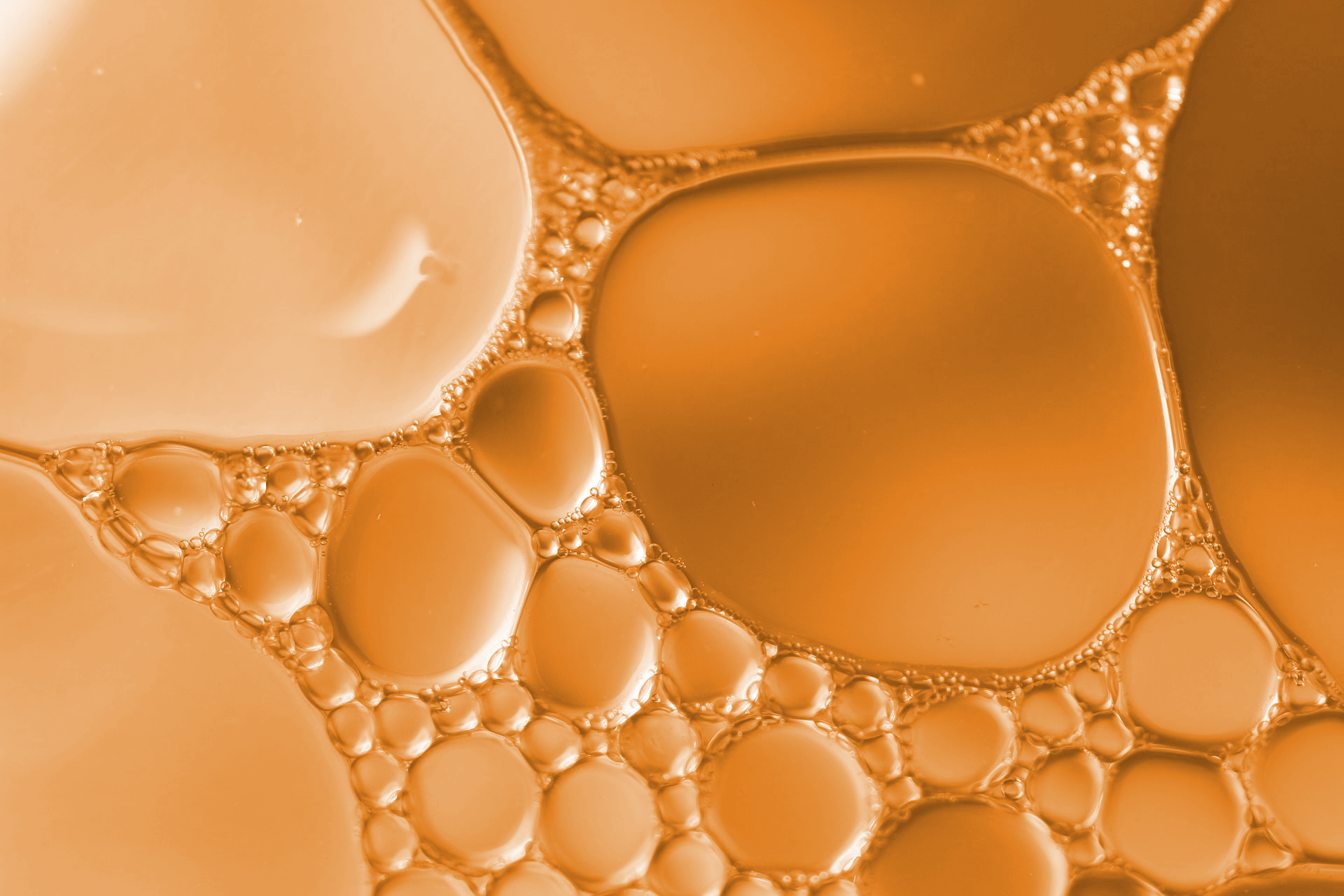Cosmetic products are designed to incorporate a variety of attributes, including essential functions (helping the skin to look radiant), taste preferences (fragrance, color), and different aspects (shower oil, skincare cream and shower gels) etc.
Why is viscosity important in cosmetics?
Creams and gels are two types of cosmetic product used for a variety of applications, such as moisturizing the skin, treating specific skin conditions, or simply for aesthetic purposes. Their consistency varies according to their composition and specific purpose, and this difference in texture plays an important role for the user, whether the cream is soft, greasy or easy to spread on the skin.
Whatever the reason of the cosmetic product, maintaining a constant and controlled viscosity on all production lines is essential to achieve the texture desired by the manufacturer. Furthermore, viscosity can have an impact on the chemical stability of a cosmetic product in its packaging over time.
Viscosity measurement is therefore an essential tool in the cosmetics industry for assessing and controlling the consistency of products such as gels and creams.

Challenges
During the product production stage, it is important to reduce the waiting time due to taking samples and measurement in laboratory, while increasing production capacity and thus saving time.
In fact, it is necessary to collect certain samples from batches in order to monitor product consistency. Viscosity control is carried out in the laboratory and can take some time, putting the rest of the manufacturing process on standby while the analysis is carried out.
Consistent measurement of batches is necessary to maintain high quality standards for your products. By identifying deviations from specifications as soon as they occur, you can take corrective action to ensure that your products meet quality requirements.
By analyzing batch measurement data over time, trends and patterns in the production process can be identified. This can help identify ways of optimizing your process to improve efficiency, reduce costs and increase productivity.
Sofraser’s viscometers solutions for cosmetics
MIVI has been designed and is used to measure the viscosity of all types of liquids and viscous fluids 24/7, providing continuous and instantaneous information. It’s the instrument that ensures everything runs smoothly during the manufacturing and preparation process. What’s more, batch recording ensures perfect traceability.
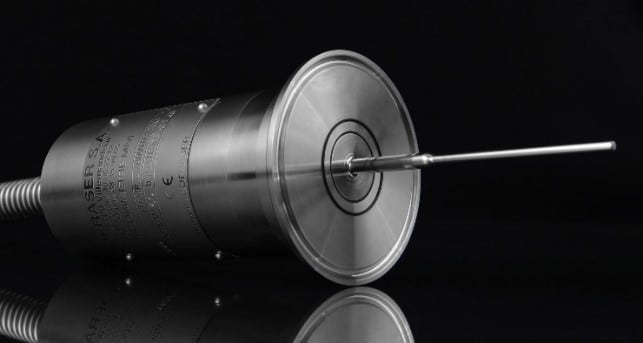
MIVI process viscometer saves samples and laboratory measurements that are costly and have a long response time that increases the global batch duration. This reduces batching time, resulting in more production. It also helps to determine unexpected events during the whole batch process, enabling you to have complete traceability of the production
Designed to determine viscosity at a high shear rate, MIVI comes in different configurations. Ranging from the “Basic” version to the “Sanitary” version including the “Hygienic” version with its design certified by EHEDG.
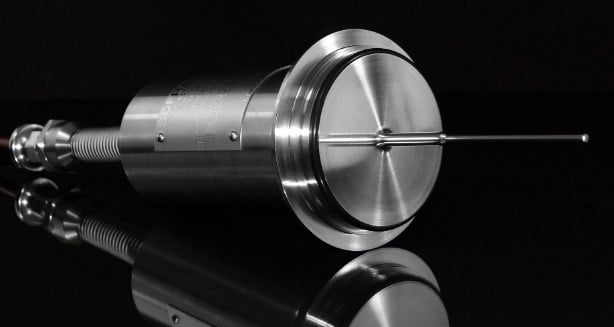
This viscometer guarantees the irreproachable quality of your final product while respecting the cleanability requirements and thus meeting the latest European standards.
Sofraser’s 50 years of expertise and great track record of decade-lasting sensors allows our clients from all around the world to closely monitor and improve their processes without worry.


